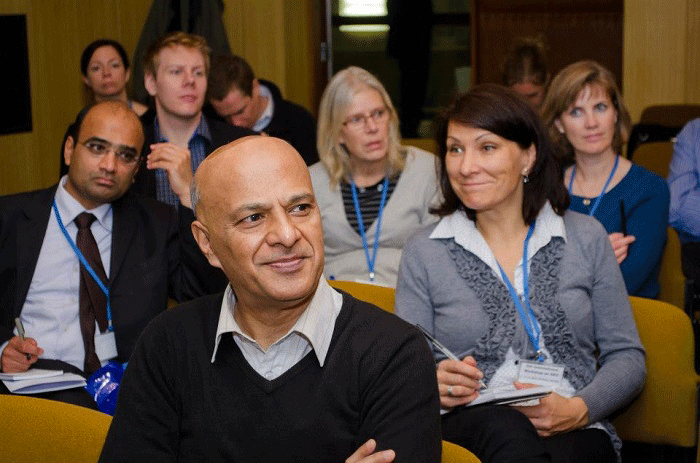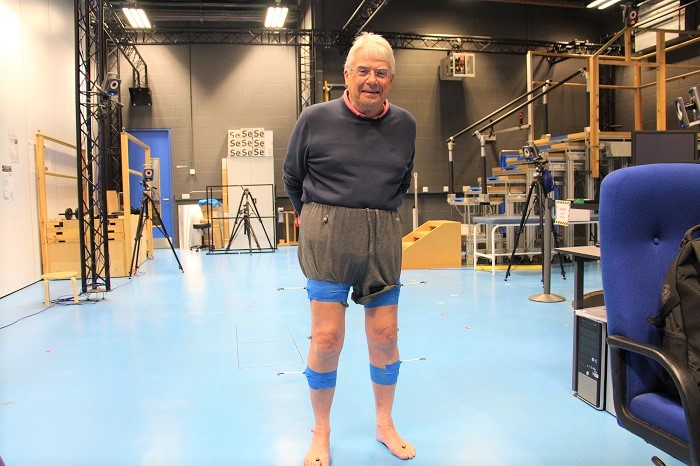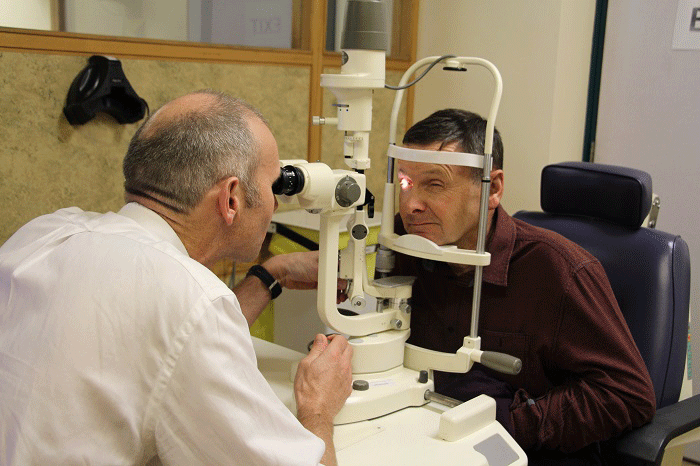New research has proven for the first time that a drug called nitisinone treats AKU in people. For three years, the Liverpool-based National Alkaptonuria Centre (NAC), which gives nitisinone to English and Scottish AKU patients, was running an observational study to see if the drug works. The results have just been published in a scientific journal called Molecular Genetics and Metabolism. The paper lists twenty-seven authors. This includes three trustees of the AKU Society: Nick Sireau (our CEO), Professor Lakshminarayan Ranganath (the NAC director) and Professor Jim Gallagher of the University of Liverpool.

In AKU, a rare genetic mutation means that the body cannot break down a toxic acid called homogentisic acid. This builds up as a black substance in the body through a process called ochronosis. Most damage related to AKU results from this. Bones and cartilage in the joints become black and brittle. The spine collapses. Prostate and kidney stones appear. Heart valves get blocked and heart surgery is needed.
Previous research – in the United States and in the first stage of our own DevelopAKUre clinical trials – has shown that nitisinone reduces homogentisic acid by 95%. The University of Liverpool has shown that it stops joint disease in mice with AKU. Certainly, many people who take nitisinone say that it helps them. This is why we persuaded the NHS to give it to patients at the NAC in 2012 even though it is not yet licensed. However, this is the first time nitisinone has been proved to benefit people. Ochronosis stops and less damage happens to the body.

Thirty-nine AKU patients in total took part in the study. Of this 39, 34 stayed on it for two years and 22 for the full three years. Each patient took two milligrams of nitisinone every day. When the patients visited the NAC, they took part in an extensive series of tests. The results were impressive. Photographs of people’s eyes and ears show not only that ochronosis is arrested by nitisinone, but that it is reversed. The black spots in the eyes get smaller and the dark tinge in the ears gets fainter.

Perhaps more importantly, the study proved that nitisinone benefits health. According to researchers, AKU-related damage happened at a much slower rate for the patients involved in the study. They were less affected by prostate and kidney stones, heart disease, hearing damage, muscle ruptures, joint pain and spinal problems. This is amazing news.
The AKU Society’s Patient Support Manager, Hannah Harrison, was present throughout the study. She made sure everything ran smoothly. Most of all, though, credit must go to the research team – at Professor Ranganath’s NAC, at the University of Liverpool and at Liverpool John Moores University – for a stunning scientific success.
AKU patient and AKU Society trustee Duncan Batty said,
‘As a patient who has suffered from the degenerative effects of AKU for nearly 30 years, it is fantastic news that an effective treatment has been identified. I am at the age when heart complications should start, but thanks to nitisinone there is no evidence of any issues.’
